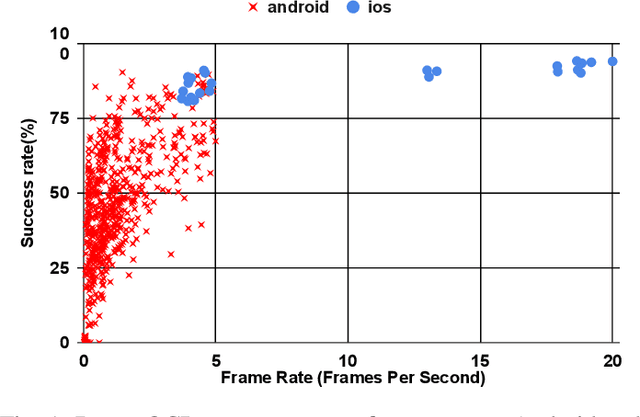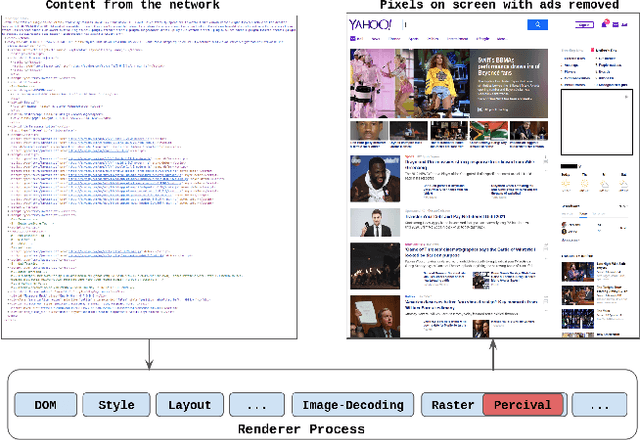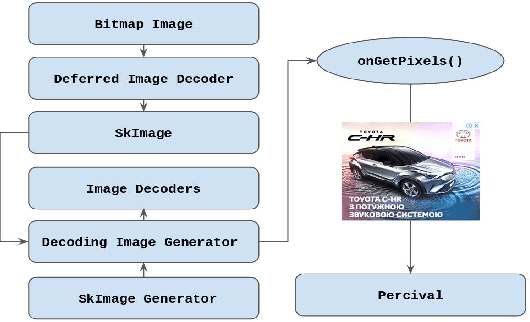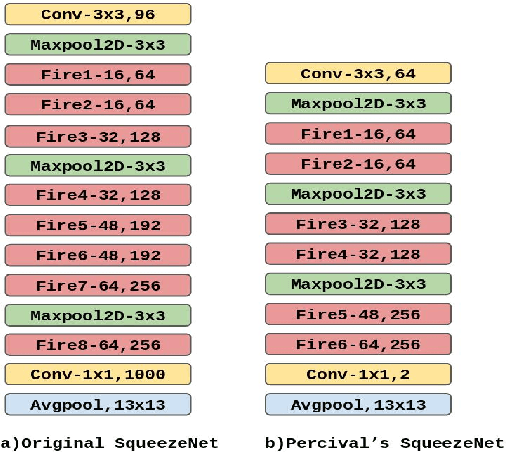Samuel T. King
University of California, Davis, Bouncer Technologies
Doing good by fighting fraud: Ethical anti-fraud systems for mobile payments
Jun 29, 2021



Abstract:App builders commonly use security challenges, a form of step-up authentication, to add security to their apps. However, the ethical implications of this type of architecture has not been studied previously. In this paper, we present a large-scale measurement study of running an existing anti-fraud security challenge, Boxer, in real apps running on mobile devices. We find that although Boxer does work well overall, it is unable to scan effectively on devices that run its machine learning models at less than one frame per second (FPS), blocking users who use inexpensive devices. With the insights from our study, we design Daredevil, anew anti-fraud system for scanning payment cards that work swell across the broad range of performance characteristics and hardware configurations found on modern mobile devices. Daredevil reduces the number of devices that run at less than one FPS by an order of magnitude compared to Boxer, providing a more equitable system for fighting fraud. In total, we collect data from 5,085,444 real devices spread across 496 real apps running production software and interacting with real users.
Percival: Making In-Browser Perceptual Ad Blocking Practical With Deep Learning
May 22, 2019



Abstract:Online advertising has been a long-standing concern for user privacy and overall web experience. Several techniques have been proposed to block ads, mostly based on filter-lists and manually-written rules. While a typical ad blocker relies on manually-curated block lists, these inevitably get out-of-date, thus compromising the ultimate utility of this ad blocking approach. In this paper we present Percival, a browser-embedded, lightweight, deep learning-powered ad blocker. Percival embeds itself within the browser's image rendering pipeline, which makes it possible to intercept every image obtained during page execution and to perform blocking based on applying machine learning for image classification to flag potential ads. Our implementation inside both Chromium and Brave browsers shows only a minor rendering performance overhead of 4.55%, demonstrating the feasibility of deploying traditionally heavy models (i.e. deep neural networks) inside the critical path of the rendering engine of a browser. We show that our image-based ad blocker can replicate EasyList rules with an accuracy of 96.76%. To show the versatility of the Percival's approach we present case studies that demonstrate that Percival 1) does surprisingly well on ads in languages other than English; 2) Percival also performs well on blocking first-party Facebook ads, which have presented issues for other ad blockers. Percival proves that image-based perceptual ad blocking is an attractive complement to today's dominant approach of block lists
 Add to Chrome
Add to Chrome Add to Firefox
Add to Firefox Add to Edge
Add to Edge